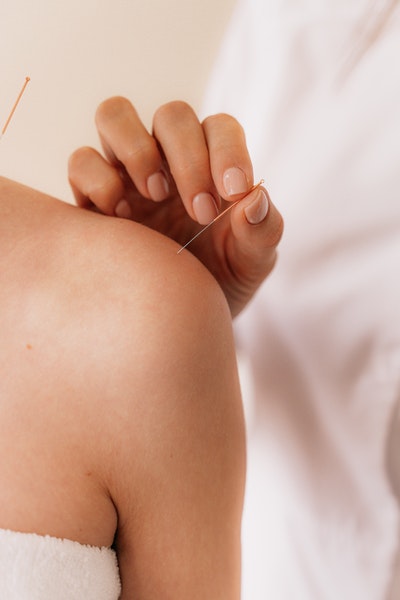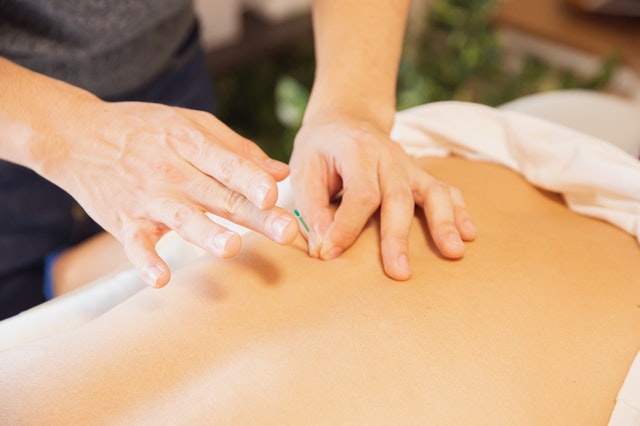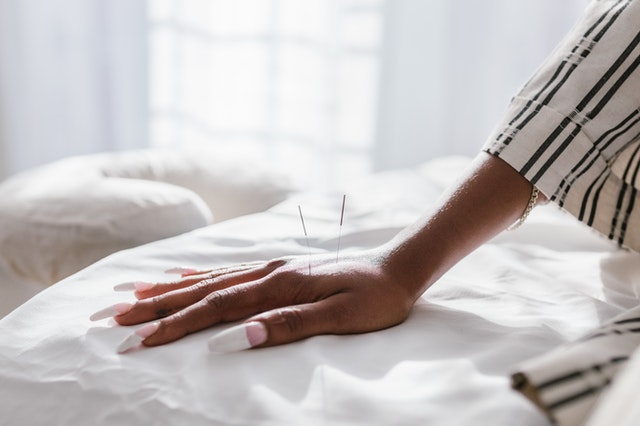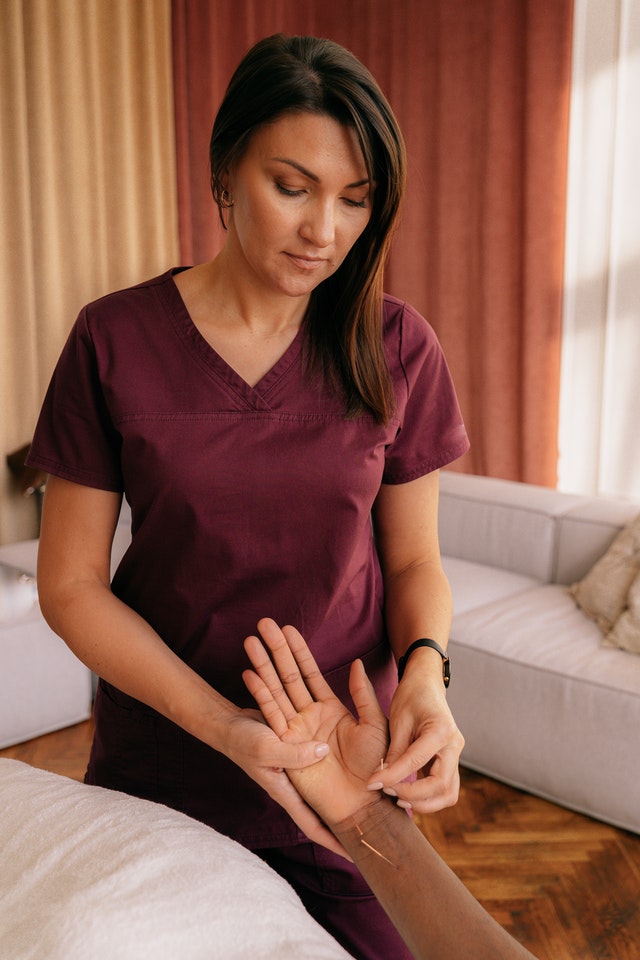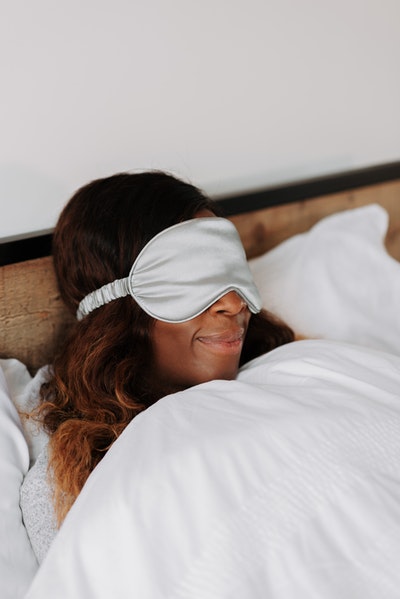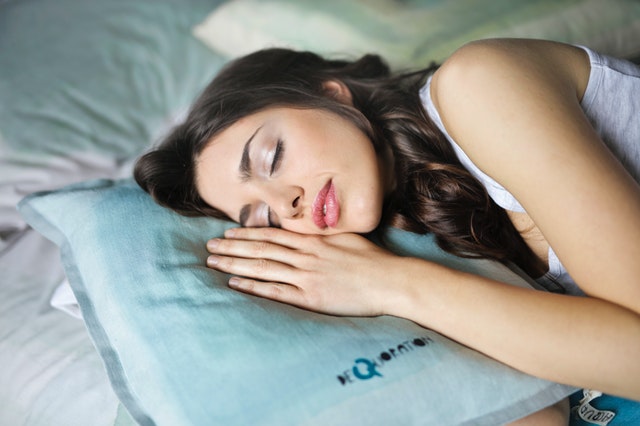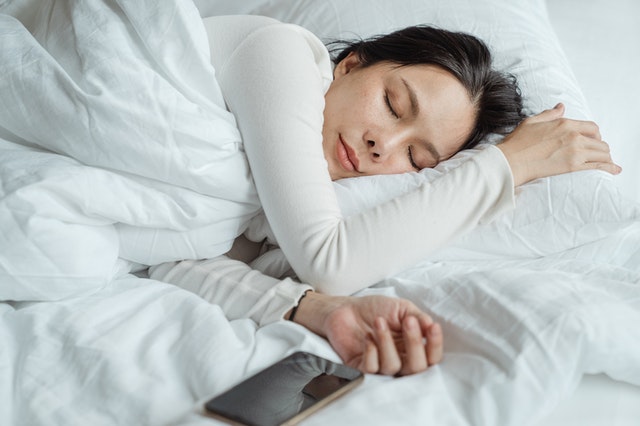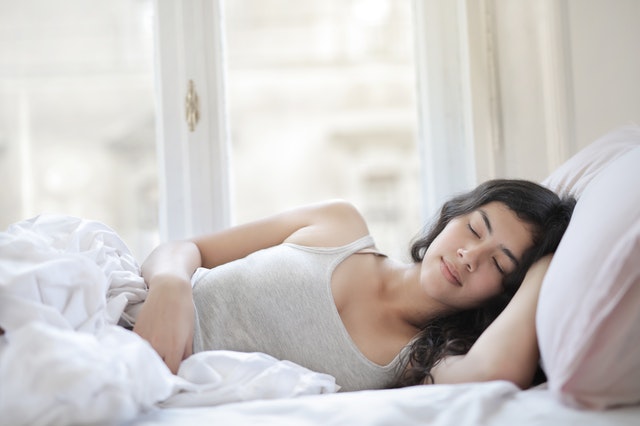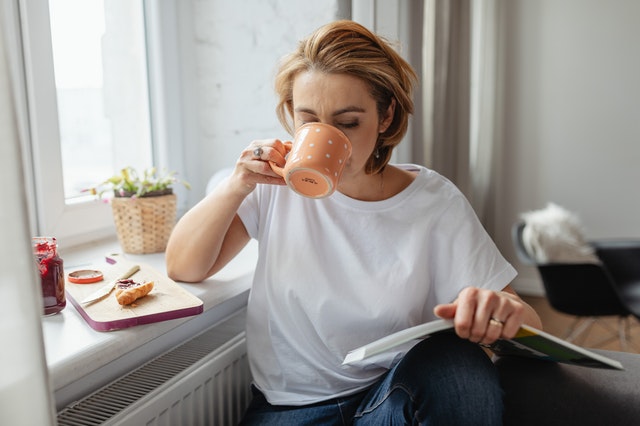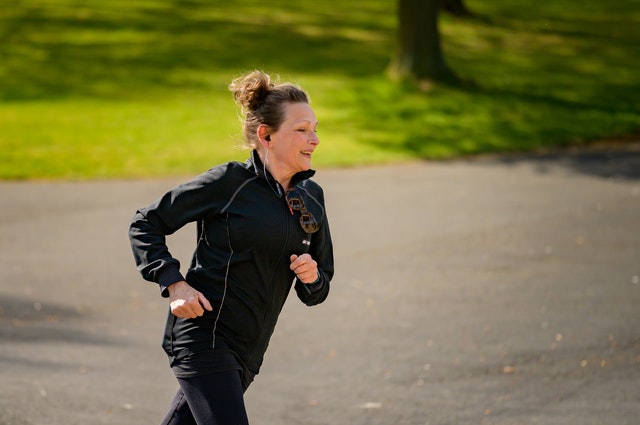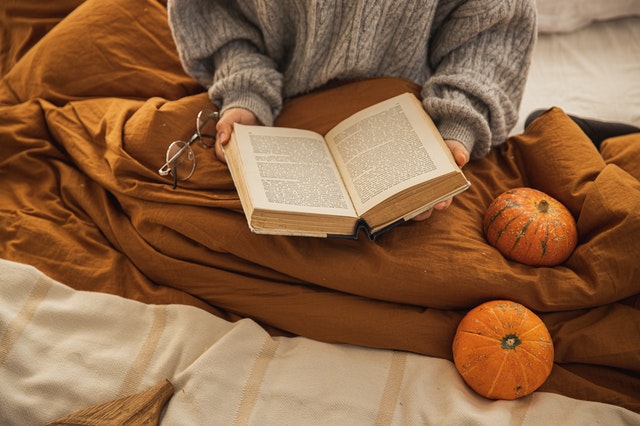Remember the days when you slept like a baby and always woke up feeling refreshed and energized? The last time I slept that way was when I was a teenager. It seems like sleep has become more evasive the older I’ve gotten and the more I’ve had to “adult.” If you’re like me and you can’t seem to get enough shuteye at night no matter what you do, here are some of the best natural sleep aids I’ve discovered.
Valerian

This herbal medicine is made from a plant’s root. Though it’s not very well-known, it’s a great ingredient for achieving deep, restful sleep. If you have trouble finding it at your grocery store, look for it at your local health food store. Most people add it to tea and take it an hour or so before bedtime.
Though valerian is a great sleep aid, it may interact with some medications. So before you give it a try, talk to your doctor. You should also know that if you take valerian regularly, you shouldn’t suddenly stop taking it. Doing so can cause some anxiety or withdrawal symptoms (eek!)
Chamomile

Chamomile flowers are some of my favorites because they’re so bright and cheerful. They look a lot like daisies. But as energetic as their appearance may be, these little flowers are very effective at helping you sleep. Chamomile tea promotes relaxation and can help you wind down in the hours leading up to bedtime. You may also find that drinking chamomile tea before bed improves your quality of sleep as well.
Just make sure you don’t consume more than the recommended dose. Taking too much chamomile may cause you to get nauseous or to throw up. You may also want to consult with your allergist or doctor before consuming if you have known allergies to flowers in the daisy family.
Melatonin

Melatonin is a hormone your body naturally produces in the pineal gland. It helps control circadian rhythms so you sleep better. Unfortunately, some of us don’t seem to create sufficient melatonin to help us nod off at night. Taking anywhere between 1 and 5 mg of melatonin right before bed may help induce sleep.
If you decide to try melatonin, only use it for a maximum of two weeks. Using it longer than that could potentially hamper your ability to produce your own melatonin going forward. Some people may discover that melatonin helps them fall asleep quickly, but causes them to wake frequently in the night. Others may feel more depressed or irritable when using melatonin as a sleep aid. If these things happen to you, discontinue using melatonin products right away.
Lavender

Lavender is a highly fragrant plant that is used in many sleep aid products. It produces a calming effect and may help you fall asleep more easily at night. You can use lavender in a variety of ways. My favorite way is to dilute a few drops of lavender essential oil into a diffuser in my room. I turn the diffuser on at bedtime to enjoy the relaxing benefits of the fumes.
You can also put a few drops of diluted lavender oil right on your pillowcase. Some people even rub a little diluted lavender oil around their nose before going to bed. Just keep in mind that this is a very fragrant oil, so you only need a little bit.
Magnesium
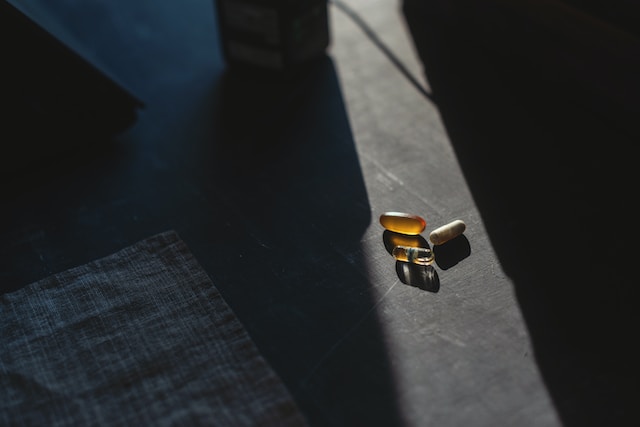
Magnesium is an important mineral that helps boost heart and brain function. However, it may also help relax the body and mind so you can get a restful sleep. Studies show that insufficient levels of magnesium are associated with insomnia and troubled sleep. You can take magnesium in supplement form before bed to see if it helps you get more rest at night.
I love each of these sleep aids and alternate between them regularly. To find out which one works best for you, give each of them a try on different nights over the next few weeks. Happy sleeping!


